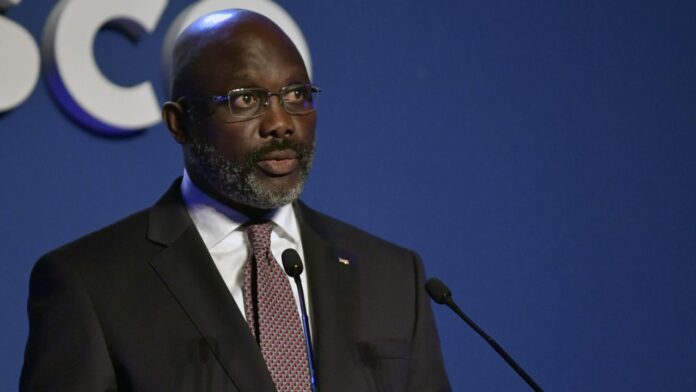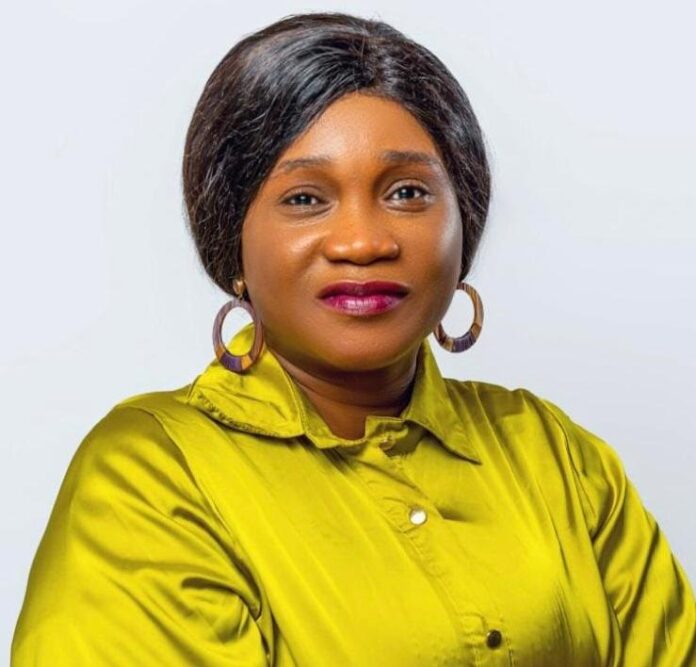MONROVIA – On 10 October, Liberia is due to have its fourth general election since the end of its civil war in 2003, with 1996 World Footballer of the Year (and the only African to win the gong) George Weah, seeking a second six-year presidential term.
Fifteen senators and 73 members of the House of Representatives will also be up for election.
But Liberians have a low level of trust in the National Elections Commission (NEC), and, experts say, much will ride on the willingness of parties, rather than on institutions, to keep things clean.
Heading into the elections, political parties signed the Revised Farmington River Declaration 2023, a document binding them to peaceful campaigns and conduct that falls within the laws.
That means hate speech, political violence, and underhand rigging tactics were strongly condemned by all parties.
The 2023 version of the declaration is developed from the one signed ahead of the previous elections in 2017.
The declaration, while not legally binding, gives power to the NEC to sanction those signatories found to be in breach of the pledge.
Johannesburg-based Electoral Institute for Sustainable Democracy in Africa (EISA), in a statement, said the success of the polls in Liberia depended on parties respecting the Farmington River Declaration.
“The declaration should be taken as more than words on a piece of paper for publicity, but rather a living document. Political candidates should take ownership of the Farmington River Declaration as a home-grown instrument that has the potential to influence similar commitments across Africa,” the organisation said.
Alliance for Transitional Justice (ATJ), a grouping of 16 civic society organisations in Liberia, said it was keeping a watchful eye on the elections because their credibility would “uplift Liberia as a powerful torch or model to be emulated by any post-war country while restoring Africa’s current declining political image.”
Afrobarometer, in its latest survey, said while Liberians were in support of democracy and were hopeful of a free and fair poll, they did not entirely trust the NEC, which came in at a positive perception rating of 34%.
“Liberians overwhelmingly support elections as the best way to choose their leaders, even though a majority don’t think they ensure that their views will be represented.
“Most citizens describe the last presidential election as generally free and fair, but few trust the institution responsible for ensuring a high-quality election,” the report reads.
According to Afrobarometer, “an overwhelming majority (92%) of Liberians support elections as the best way to choose their leaders”.
Most Liberians also believe political pluralism is good for the country’s democracy.
“About six in 10 (59%) say Liberia needs many political parties to ensure that voters have a real choice, a 9-percentage-point rebound from 2020,” the report said.
The majority in the Afrobarometer survey also want the loser to accept defeat in elections so that the country moves forward.
“More than three-quarters (78%) of respondents say that once an election is over, the losing side should accept defeat and co-operate with the government to help it develop the country, rather than focus on monitoring and criticising the government to hold it accountable,” the report said.
Weah lost to Ellen Johnson Sirleaf, who became the first elected female African president in 2005, and in 2012 he was a running mate to the losing candidate Winston Tubman.
He returned to face Sirleaf’s vice-president, Joseph Boakai in 2017. To boost his chances, Sirleaf had crossed the floor from the Unity Party to support Weah and his Congress for Democratic Change (CDC).
Weah had from 2014 served as a senator for Montserrado County after beating Sirleaf’s son Robert.
Boakai, 78, will again come face-to-face with 57-year-old Weah, as the front runners.
Most citizens interviewed by Afrobarometer said Weah was elected in a free and fair atmosphere, which they wished would extend to this election. Source: news24.com







